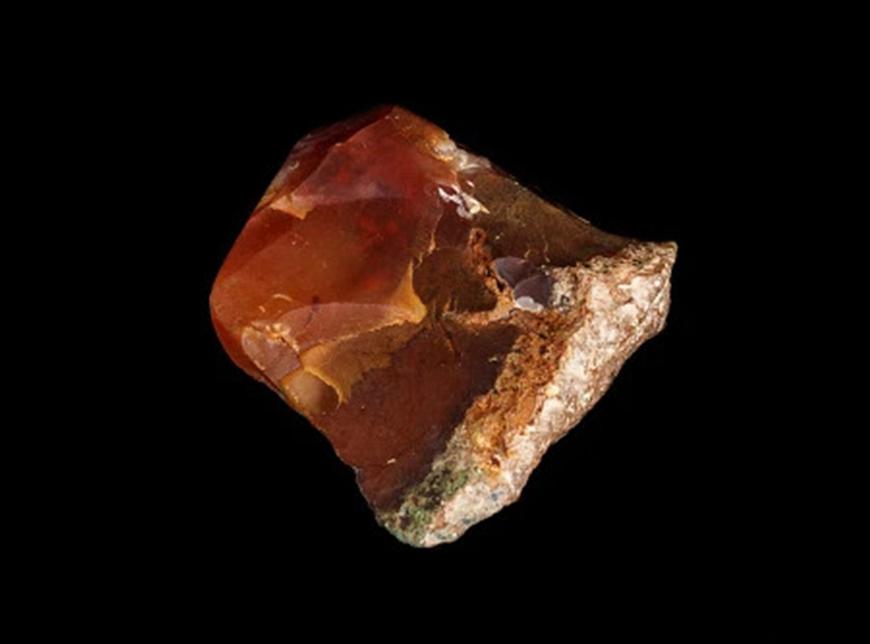CARNELIAN

Carnelian is derived from the 14th-century word "cornelian". Cornelian comes from the Mediaeval Latin corneolus, itself derived from the Latin word cornum, the cornel cherry, whose translucent red fruits resemble the stone.
Carnelian was used widely during Roman times to make engraved gems for signet or seal rings for imprinting a seal with wax on correspondence or other important documents (hot wax does not stick to carnelian). In Revelation 21:20, Carnelian is named as one of the precious stones in the foundations of the wall of the heavenly city.
A stabilising stone, Carnelian restores vitality and motivation and stimulates creativity. It gives courage, promotes positive life choices, dispels apathy and motivates for success. Carnelian is useful for overcoming abuse of any kind; helping to overcome negative conditioning and encouraging steadfastness. Carnelian also improves analytic abilities and clarifies perception, sharpens concentration, dispels mental lethargy; and protects against envy, rage and resentment. Carnelian also boosts fertility and stimulates sexuality.


